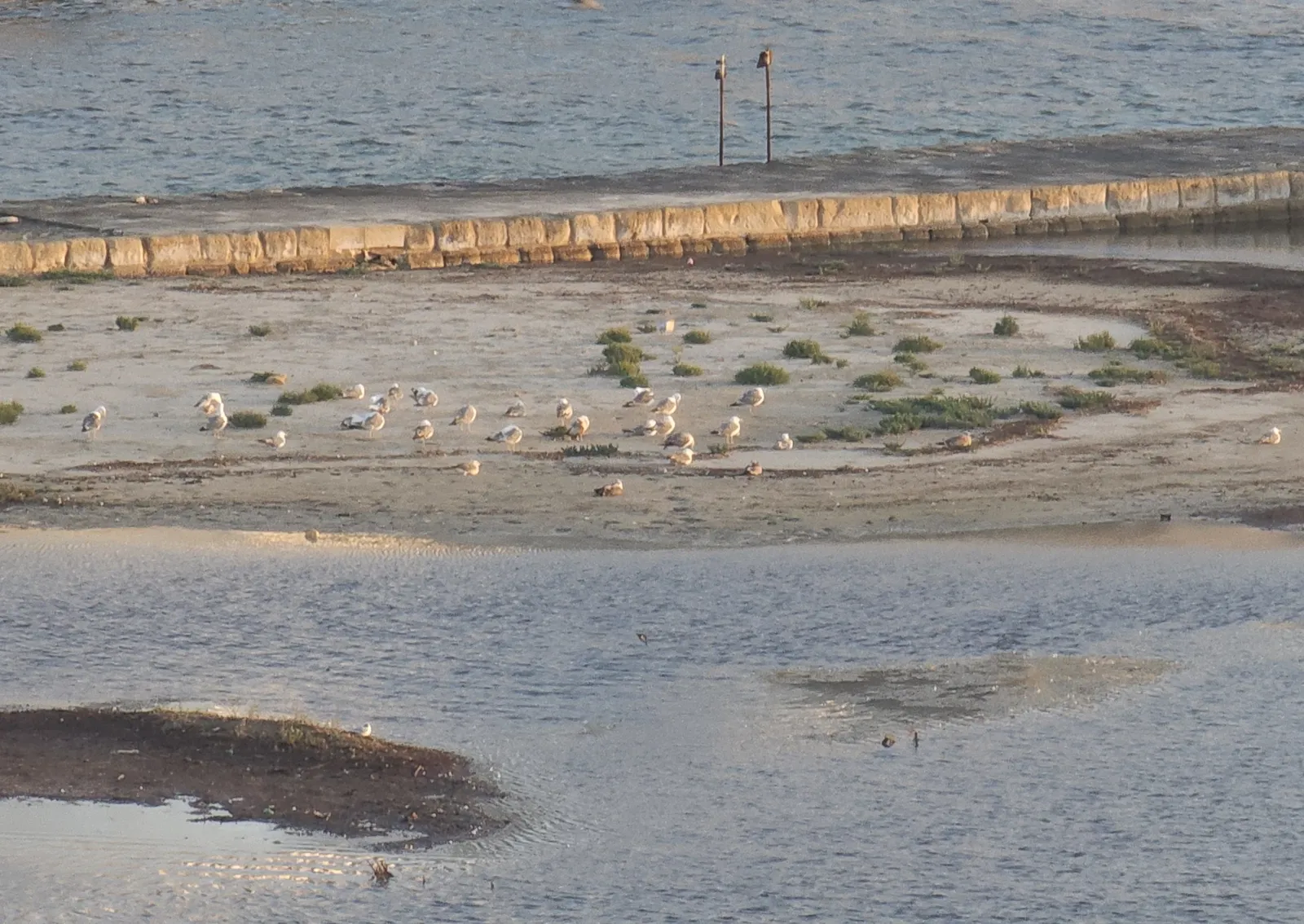Royal Society for the Protection of Birds (RSPB)

Introduction to the Royal Society for the Protection of Birds (RSPB)
Global Guardianship for Birds and Nature
The Royal Society for the Protection of Birds (RSPB) is renowned not only within the United Kingdom but also on the world stage as a leading force in bird and habitat conservation. While its origins and much of its current work are rooted in the UK, the RSPB plays a pivotal role internationally, partnering with global organizations and influencing conservation efforts far beyond Britain’s borders. Through scientific research, advocacy, and collaboration, the RSPB acts as a powerful voice for birds and biodiversity around the globe.
International Partnerships and Influence
As the UK partner of BirdLife International—a global partnership of conservation organizations—the RSPB is actively engaged in initiatives that span continents. With BirdLife, the RSPB contributes expertise and resources to protect migratory birds, safeguard critical habitats across Africa, Europe, and Asia, and address threats such as illegal hunting, climate change, and habitat loss. These projects often involve cross-border cooperation, uniting governments, NGOs, and local communities in common conservation goals.
Transnational Conservation Projects
The RSPB’s reach extends to some of the world’s most important wildlife sites. It has been instrumental in the management and restoration of vital ecosystems abroad, such as the Gola Rainforest in Sierra Leone and the Hindenburg Wall in Papua New Guinea. By supporting and advising local organizations, the RSPB helps ensure that conservation strategies are effective, sustainable, and culturally appropriate. Its science-driven approach and capacity-building efforts empower partners to deliver lasting results for wildlife.

Global Advocacy and Policy
On the international policy front, the RSPB lobbies and advises at major forums, including conferences under the United Nations Convention on Biological Diversity and the Convention on Migratory Species. The society’s scientific research informs global debates on issues like climate change, agricultural practices, and marine conservation. By providing evidence and championing ambitious environmental targets, the RSPB shapes international agreements and standards that benefit birds and ecosystems worldwide.
Responding to Global Challenges
Bird populations everywhere face growing threats from climate change, habitat fragmentation, pollution, and unsustainable development. The RSPB responds with a global perspective, sharing knowledge and resources, supporting international conservation networks, and pioneering projects that address both local and worldwide problems. Whether protecting migratory routes, restoring wetlands, or advocating for stronger international protections, the RSPB’s efforts underscore the interconnectedness of global ecosystems and the need for collective action.
Uniting People for a Worldwide Cause
Through its international collaborations, educational outreach, and capacity-building programs, the RSPB inspires and equips people around the world to value and defend the natural world. Its vision is not just for the birds of Britain, but for a planet where wildlife and people can thrive together. In every international endeavor, the RSPB demonstrates that the future of birds is a shared global responsibility—one that transcends borders and unites diverse communities around a common purpose.
Website: Royal Society Protection of Birds (RSPB)
Website: Royal Society Protection of Birds (RSPB)
Key Global Projects and Initiatives
BirdLife International Partnership
The RSPB is the UK partner of BirdLife International, a global alliance of conservation organisations working in over 115 countries. Through BirdLife, the RSPB helps identify and protect Important Bird and Biodiversity Areas (IBAs) worldwide, advocating for stronger policy protections and supporting grassroots conservation initiatives across continents. This partnership amplifies the RSPB’s impact, allowing for coordinated responses to global threats such as illegal hunting, habitat loss, and climate change.
Safeguarding Migratory Birds
Many of the UK’s iconic bird species, including swallows, swifts, and ospreys, migrate vast distances each year, crossing numerous national boundaries. The RSPB is deeply involved in international efforts to safeguard these species throughout their migratory journeys. This includes working in Africa’s Sahel region, where millions of migratory birds winter, and in southern Europe, where hunting and habitat loss pose significant threats. Projects often focus on habitat restoration, anti-poaching initiatives, and community engagement to promote sustainable livelihoods that benefit both people and wildlife.
Protecting Critical Habitats Worldwide
Habitat destruction is one of the greatest threats to global biodiversity. The RSPB is involved in numerous projects aimed at protecting and restoring vital ecosystems beyond the UK, from tropical forests and wetlands to grasslands and coastal areas. Notable examples include:
- Gola Rainforest, Sierra Leone: In partnership with local NGOs and the government, the RSPB has helped secure and manage a vast tract of West African rainforest. This project not only preserves habitat for threatened bird species like the white-necked picathartes but also supports sustainable livelihoods for local communities.
- Harapan Rainforest, Indonesia: RSPB is a key player in the restoration and management of this vital area of lowland forest in Sumatra, home to critically endangered species such as the Sumatran tiger and helmeted hornbill. The initiative combines forest protection, sustainable management, and local empowerment.
- Albatross Conservation, South Atlantic: The RSPB leads and supports research and mitigation efforts to protect albatrosses and other seabirds from bycatch in longline fisheries—one of the chief threats to these ocean wanderers.
Community and Indigenous Partnerships
The RSPB recognises that effective conservation must be rooted in local stewardship. Many global projects are co-developed and co-managed with indigenous peoples and rural communities. For example, in the Gola Rainforest, local communities play an active role in forest management, ecotourism, and sustainable agriculture, demonstrating that conservation and human wellbeing can go hand in hand.
These partnerships also help preserve traditional ecological knowledge, which is invaluable for managing complex ecosystems. By integrating local wisdom with modern science, the RSPB’s projects often achieve outcomes that are more durable and culturally appropriate.
Tackling Global Environmental Threats
The RSPB’s global efforts are increasingly focused on addressing cross-cutting threats such as climate change, illegal wildlife trade, and invasive species. This includes policy advocacy at international fora, such as the Convention on Biological Diversity (CBD) and the United Nations Framework Convention on Climate Change (UNFCCC), as well as practical field interventions like habitat restoration and species reintroductions.
For instance, the RSPB is part of initiatives to reduce the impact of climate change on vulnerable habitats, designing adaptive management plans for wetlands and coastal ecosystems that are at risk from rising sea levels and extreme weather events.
Impact and Achievements
Over the decades, the RSPB’s global projects have delivered tangible conservation successes. Large tracts of rainforest have been protected from logging and conversion to agriculture; seabird bycatch has been reduced through simple yet ingenious changes to fishing gear; and endangered species have been brought back from the brink through habitat restoration and legal protection. Moreover, countless communities have benefited from sustainable development initiatives that create jobs, improve food security, and enhance education, all while preserving natural resources for future generations.
The RSPB’s commitment to monitoring and evaluation ensures that these successes are documented and shared, providing models that can be replicated elsewhere and lessons learned that inform future work.
Research, Education, and Capacity-Building
Research is at the heart of the RSPB’s global work. The organisation supports scientific studies on bird ecology, habitat requirements, and the effectiveness of conservation interventions. It also invests in training and capacity-building for local conservationists—empowering a new generation of leaders to continue the fight for nature.
Educational outreach is another key component, with the RSPB providing resources and training for schools, local NGOs, and communities worldwide. By raising awareness of environmental issues and fostering a love for wildlife, these programmes help build a global constituency for conservation.